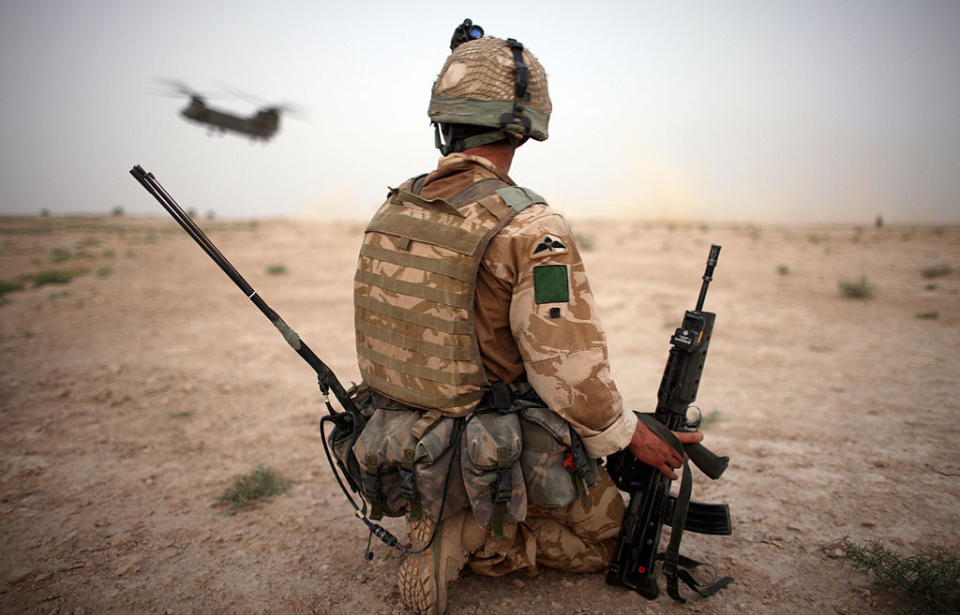Bryan Budd was a professional soldier

Hailing from Belfast, Northern Ireland, Bryan Budd’s aspiration to become a soldier ignited early in his life. In 1996, he answered the call by enlisting with the Parachute Regiment, driven by a desire to be among the elite at the forefront of battle.
Determined to surpass expectations, Budd pursued a less conventional path, successfully navigating the rigorous assessments to join the esteemed ranks of the 16 Air Assault Brigade’s Pathfinder Platoon. Tasked with conducting reconnaissance missions deep within enemy territory, the Pathfinders blazed trails into combat zones. This role granted Budd the opportunity to participate in operations across various theaters, from the former Yugoslavia and Sierra Leone to Macedonia, Iraq and, ultimately, Afghanistan.
Increased Taliban activity in Helmand province
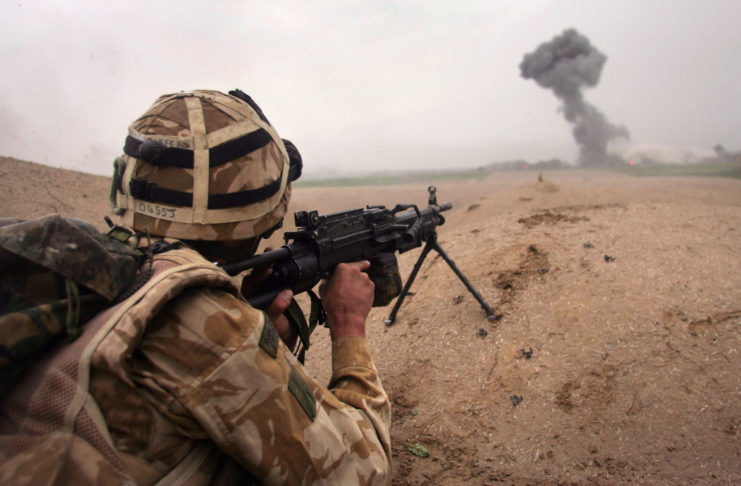
In 2006, Bryan Budd joined the 3rd Battalion, Parachute Regiment (3 PARA) as part of a British task force deployed to Helmand province, Afghanistan. This region witnessed some of the fiercest combat of the war during that time, with Sangin emerging as the focal point.
The Taliban, adapting to Western military presence, became a more aggressive and resilient adversary. Previously, they engaged from a distance, but now they were willing to confront troops directly for control of rural Afghanistan. For Budd’s final mission, this meant engaging in close combat in a field of head-high corn.
His Victoria Cross citation recounts two incidents, one occurring on July 27, 2006. When his section came under fire from multiple militants positioned on a rooftop, several British PARAs were wounded and required evacuation. Recognizing that suppressive fire made evacuation impossible, Budd stood up, exposed to heavy fire, and charged toward the building.
Budd’s decisive assault forced the Taliban to retreat across an open field, where they faced the formidable accuracy of British marksmanship. His actions enabled the safe evacuation of his colleagues and marked the first of two remarkably brave deeds.
Bryan Budd was just five days from home
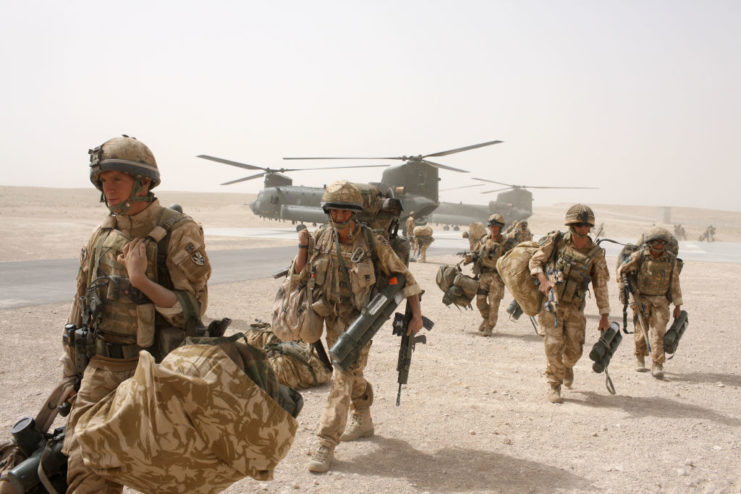
While deployment dates can often change at the last minute, it’s reported that Bryan Budd was scheduled to return home on August 25, 2006. On August 20, he was in Sangin, where his unit was defending a remote outpost. Due to its location, it was targeted almost daily by the Taliban and required a stiff defense, which included frequent patrols around the perimeter.
On one such patrol, Budd was leading his men through thick vegetation, which consisted of corn the height of a human. Despite the limited visibility, he noticed a large number of Taliban insurgents approximately 30 meters ahead. Attempting to maintain an element of surprise, Budd initiated a flanking maneuver intended to take out the enemy.
However, when the Taliban noticed the mobile patrol nearby, a vicious firefight ensued.
Taliban insurgents versus the British Parachute Regiment
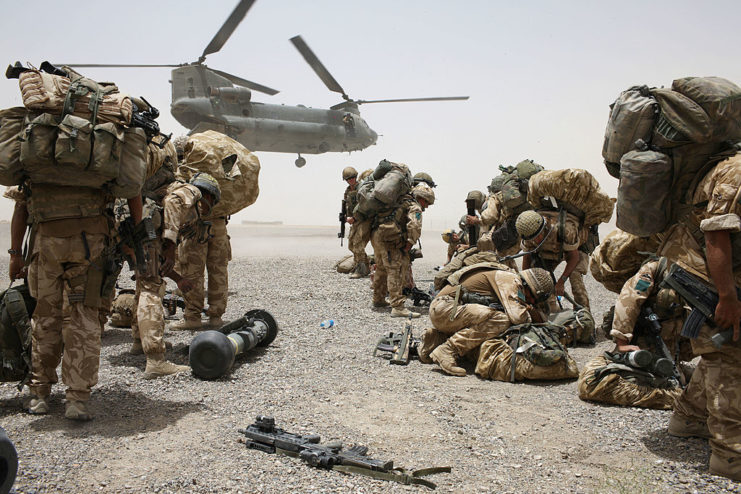
With three of his men wounded, Bryan Budd, once again, recognized the need to regain the initiative and pressed forward with the attack – alone. He rushed through the corn and assaulted the enemy. Despite being wounded in the firefight, he continued the assault, giving his men the cover needed to reorganize.
As a result of this assault, the Taliban militants were silenced and the wounded able to evacuate.
However, there was no sign of Budd as his unit withdrew. He was initially listed as missing in action (MIA) while a quick reaction force assembled to search for him. As the reactionary forces pushed through the vegetation, air power beating back the Taliban, Budd’s body was discovered lying in the field next to three dead insurgents.
Bryan Budd met a tragic end
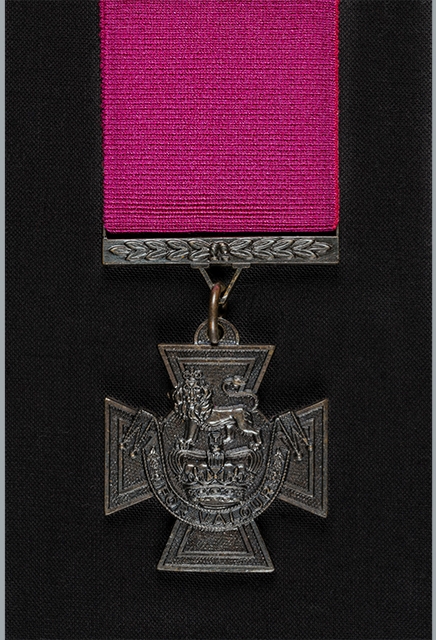
For his actions on August 20, 2006 and a few days prior, Bryan Budd was awarded the Victoria Cross. He was one of less than 20 to receive the honor since the end of the Second World War. A subsequent examination might have proven that the fatal shot came from a 5.56 mm NATO weapon, which indicated friendly fire. However, that only occurred because he saw fit to close in and destroy the enemy.
On not one, but two occasions, Budd deemed it advisable to launch a counterattack and gift violence to the enemy, rather than receive it. An unexpected counterattack disrupts enemy momentum, but often at a great cost to those who pursue it. Budd will rest in the hall of history that recognizes him as a warrior who understood that battle is fought one moment at a time, with little disregard for when you might be going home.
More from us: James Ashworth: The Victoria Cross Recipient Who Gave His Life to Take Out An Enemy Sniper
If it’s indeed the case that Bryan Budd would have returned home with his family in just five days, then history owes him the recognition for conducting such a feat and sacrificing his life for his comrades.
